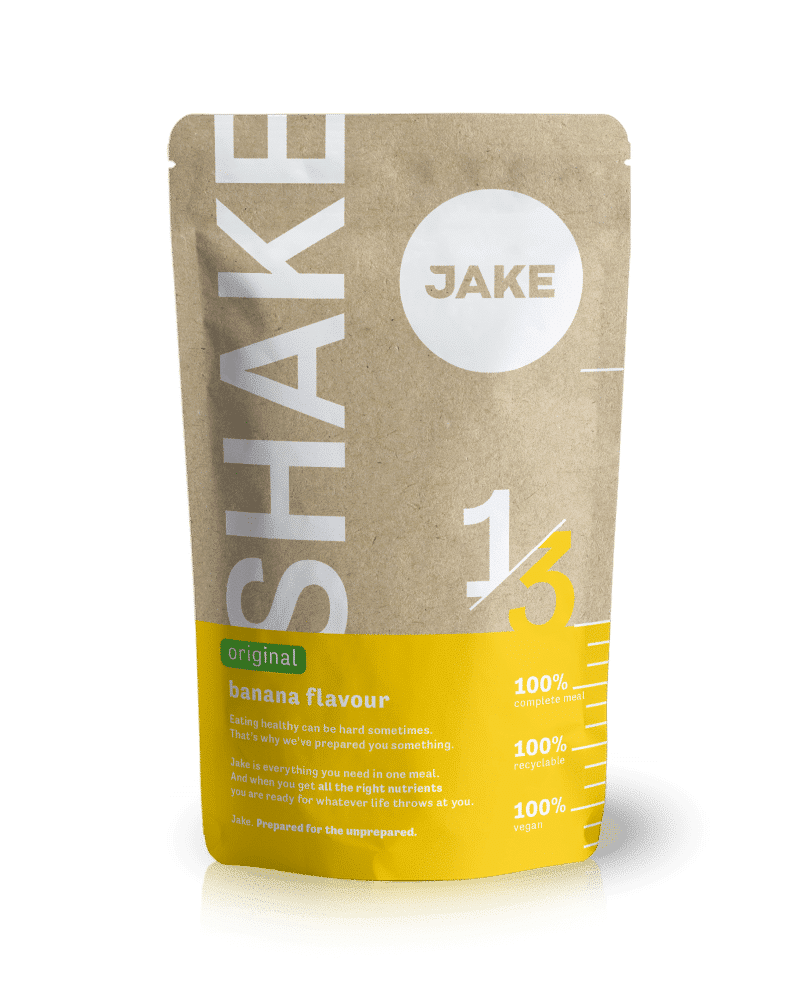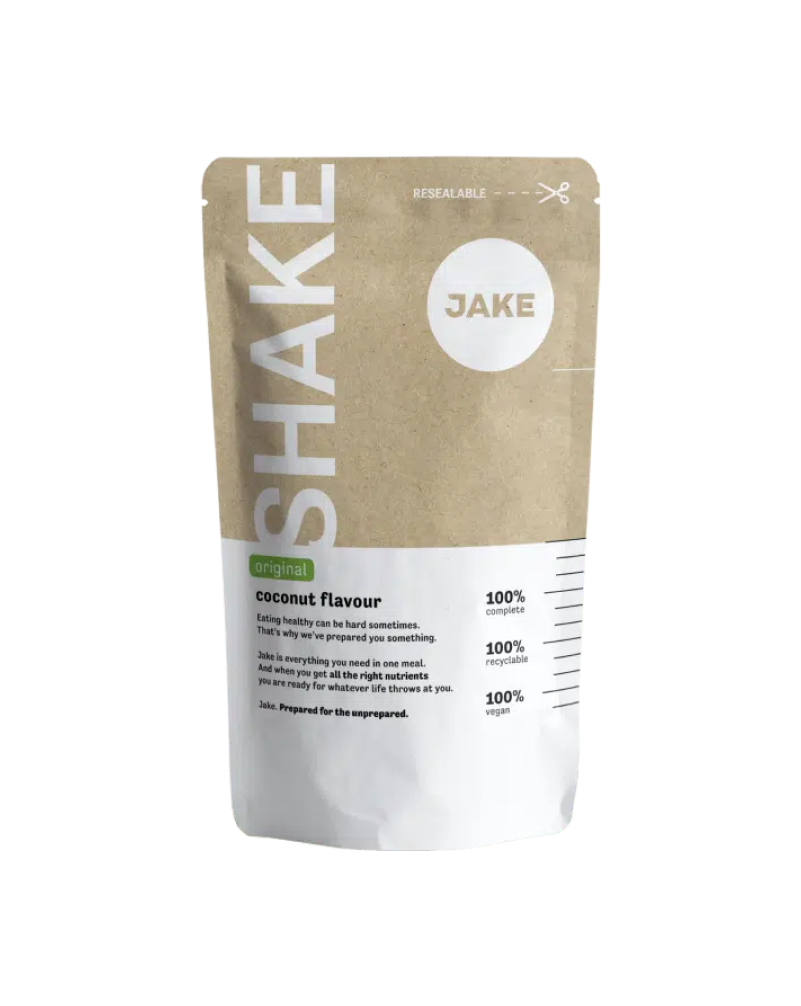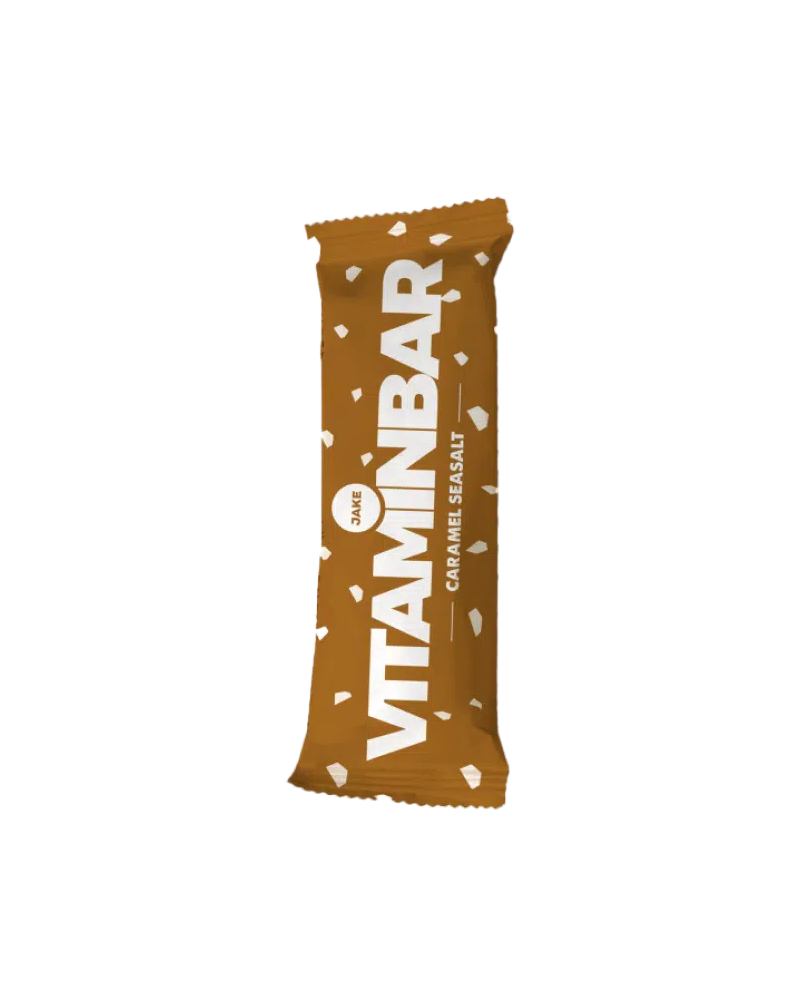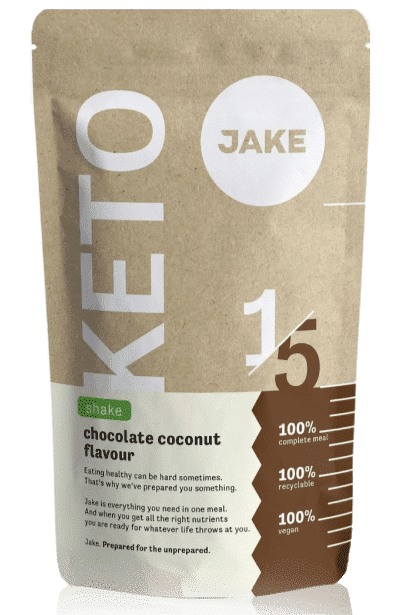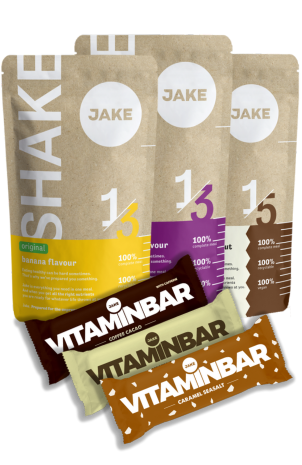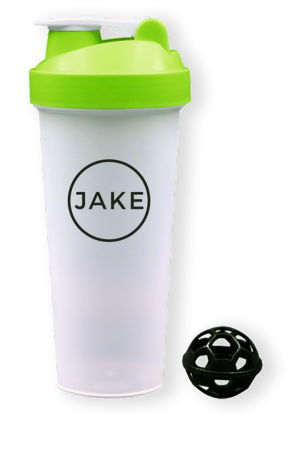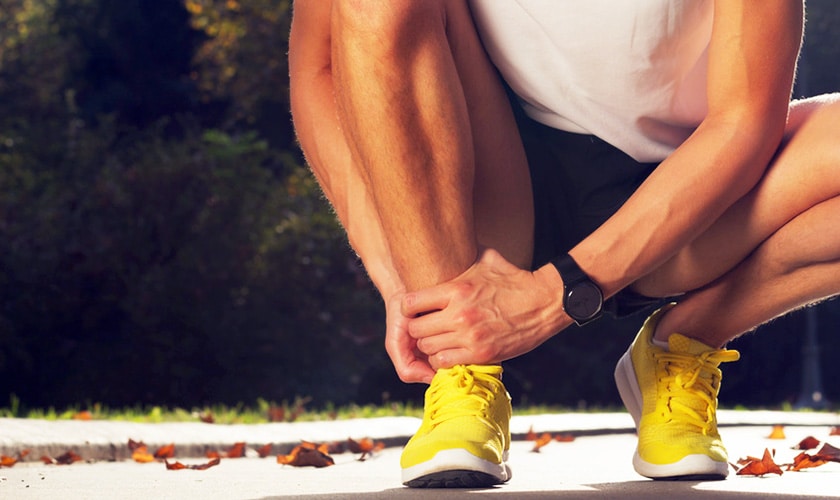
Ever had a cramp? You can sometimes feel the weird tingling for minutes before it happens. A slight discomfort creeps up on you and you start to wonder: ‘is this what I think it is?’ Then before you can help it your toes slowly turn away from you and it hits: an excruciating pain. Your lower leg feels like it’s about to snap. Your move involuntarily and scream for mom… CRAMP!
What exactly happens when a cramped up muscle suddenly gets hard as concrete? We don’t benefit from it at all, so why do we get them? In this guide I will explain what cramps are, what causes them and how you can effectively stop cramps from happening to you.
What is a muscle cramp?
As our beloved Wikipedia states: a muscle cramp is a sudden, severe and involuntary muscle contraction that can cause mild-to-excruciating pain. Notice how even the Wiki-professors have agreed that the pain can be excruciating. Cramps often hit in the muscles of your calf or foot. Less often, but still very annoying, they can occur in your thighs, hands, arms and abs.
There are two ways in which cramps occur. This guide focuses on cramp as a condition; a single occurrence. The other way in which cramps occur is as a symptom or complication of another medical condition. In those cases it’s important to focus on the medical condition that causes the cramps and not to try to ‘fix’ the symptom. Medical conditions that can cause cramp as a symptom or complication are e.g. spinal cord injury, kidney disease, restless-leg syndrome, varicose veins and multiple sclerosis.
If you suffer from cramps because of a medical condition, we strongly advise to check with your doctor. If you are in good health but you just happen to scream for mercy from time to time, read on.
What causes a muscle cramp 1: physical causes
There are a bunch of causes for muscle cramps and they are fairly easy to identify and categorise. We’ll start with the physical causes: the things you do with your body. Later on, we will look at the biochemical causes: your bodies’ building blocks.
We all like to push our limits sometimes, to crank out a last rep at the gym, to make a long dive for the ball or to run that extra mile. Chances are you’ll set a personal record or score a point and feel like a champ walking home. Chances are as well you’ll overexert your muscle. Overexertion of the muscles can lead to a sleepless night of spasms. What is overexertion? Overexertion is simply when you strain the muscle more than it can handle: the first step towards a muscle injury. You can overexert your muscles by pushing them too hard, too long, or too often – take a rest!.
Now let’s state something obvious: working out in the heat makes you sweat a lot. Sweat, the fluid that your body excretes when it needs to be cooled, is a mixture of mostly water and waste, but sweat also contains a lot of minerals. Minerals that our body needs. Not only does losing minerals make your body more prone to cramps as will be described in the next paragraph, but these minerals are also used by your muscles directly. As your muscles cannot use minerals that are excreted through sweat, your muscles will be more susceptible to overexertion.
So, when you sweat, you really need to drink more water. Here’s another reason why. When you drink too little, the fluid level inside of your body but outside of your bodies’ cells decreases. The mineral level inside the cells becomes relatively lower, causing your cells to absorb too much minerals. Furthermore, you need water to transport waste out of your body. Without sufficient water, the waste will pile up inside of you. This imbalance can cause a rapid shift in fluid distribution on a cellular level, causing – guess what? – cramps!
However, just drinking more water isn’t enough. The experienced mom will know to tell you to have a bit of table salt as well. She’s right: table salt contains the minerals sodium and chloride that are lost through sweat – you need the refill them. However, just table salt is not enough – although it’s better than nothing. This is where we arrive at the second causes of cramps:
What causes a muscle cramp 2: biochemical causes
The biochemical cause of a cramp is all about a certain group of minerals: the electrolytes (oh yeah electrolytes!). The main electrolytes in our body are sodium, potassium, calcium, magnesium, chloride, hydrogen phosphate and hydrogen carbonate. Some might sound familiar. The first five of those are often mentioned on nutritional info on food products. They’re pretty important for our bodies.
The reason for these minerals to be called electrolytes is that they carry an electric charge. Our nerves and muscles are activated by electric activity and the aforementioned minerals are the ones that conduct the electric activity. If your electrolytes are out of balance, the delicate contraction and relaxation system of your muscles cannot function the way it should. Electrolytes are essential for our body.
While every electrolyte has its task in the human body, calcium, sodium, magnesium and potassium are the ones that are the most important to the contraction and relaxation of our muscles. When a muscle contracts, it is calcium that initiates the contraction and sodium that does the actual work: contracting the muscle. The same goes for the relaxation of a muscle: magnesium initiates the relaxation and potassium actually relaxes the muscle. So what happens when you take magnesium or potassium out of the equation? Yeah, you guessed it… cramps!
So if a shortage of magnesium or potassium causes cramps, does too much magnesium or potassium cause the opposite of a cramp? It turns out it does and it is exactly that effect which is used in death penalties by lethal injection. By injecting a very high concentration of potassium chloride in a prisoner, the heartbeat is blocked. A heartbeat is basically a continuous rhythm of contraction and relaxation of the heart (yes, the heart is a muscle!). The prisoner is effectively relaxed to death.
While there are medical conditions that can cause a misbalance or other disturbance of electrolytes in the body, most often the reason for an imbalance of electrolytes is simple: You have either lost too much electrolytes (e.g. by exercising in the heat), you didn’t have enough of them in the first place, or you had too many. So how to get the right balance of electrolytes?
The fix to never get muscle cramps again
Medical conditions aside, reducing the chances of getting struck by the dark lords of muscle lightning is mostly in your own hands. By knowing your limits you can reduce the risk of overexertion. Especially when you work (out) in tough conditions you should pay attention to giving your muscles proper rest. And most importantly, make sure that you keep your fluid and mineral levels up to par. Drink enough water and consume the right amount of minerals.
So how do we do that? What is the right amount of minerals? Fortunately, scientists that advise the EU were asked the same question. Their research has resulted in the following recommendations for electrolytes by the ESFA:
- Calcium: 800 mg
- Sodium: 2000 mg
- Magnesium: 375 mg
- Potassium: 2000 mg
- Chloride: 800 mg
Well, that makes a nice and small overview of minerals, but how do we get all these minerals in in the right amounts? Where do we find them?
Calcium is found mostly in dairy products like milk and cheese and in some vegetables like spinach. Sodium and chloride (table salt) are plenty in almost any food we eat. In fact, the average Western diet contains way too much sodium, so leaving the salt on the table is propably the best option for us. Potassium can be found in foods like meat, sweet potatoes, tomato sauce and beans. Although very important, the Western diet generally contains too little potassium, so have some . Lastly, nuts, seeds, fish and greens like spinach will provide you with magnesium.
Eating the right ingredients is doable. But, if you are not obsessively counting how much of all the electrolytes you are getting through your food, it will be pretty hard to correctly balance your mineral intake. You practically need to be a dietician and mathematician at the same time. Is there an easier way? Yes.
Every product of Jake, our meal replacement shakes for instance, provides the balance of electrolytes as is advised by the EFSA and every other nutritient, vitamin and mineral you need as well. Making cramps a feeling of the past and reducing electrolyte-related medical conditions like heart diseases to a minimum.
Now that is a fix!
